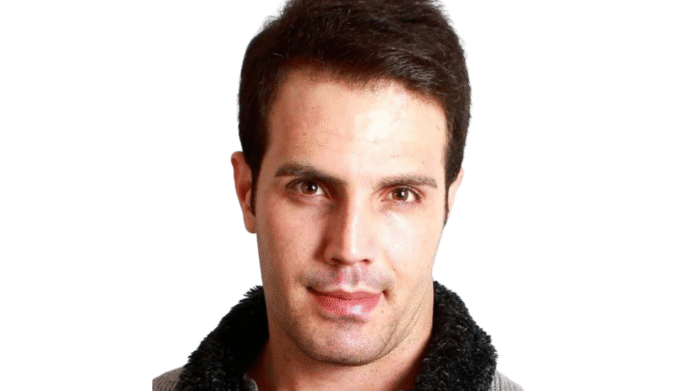Following a complaint from the IRGC Intelligence Organization, the Judiciary of the Islamic Republic of iran has initiated a case with serious charges against Parviz Yari, a journalist and senior researcher at the Defending Free Flow Of Information Organization (DeFFI).
The First Branch of the Zanjan Revolutionary Court has accused the organization’s researcher of at least three charges, based on articles of the Islamic Penal Code: under Article 498 for “forming an illegal organization and conspiring to disrupt national security,” under Article 508 for “collaborating with hostile states,” and under Article 500 for “propaganda against the system.” These ambiguous and severe accusations could lead to a potential prison sentence of over 20 years, according to the presiding judge.
This case, initiated following the IRGC Intelligence Organization’s complaint against Parviz Yari, involves multiple violations of the researcher’s rights. Despite over two months of legal proceedings at the prosecutor’s office, no summons have been issued to Yari. Moreover, even after the case’s transfer to the First Branch of Zanjan Revolutionary Court, repeated visits by Yari’s legal representative have failed to grant access to the case files, preventing proper defense preparation.
This obvious politicized case, conducted in an opaque manner and without adhering to fair trial standards, is not the first action by the IRGC and the judiciary against DeFFI and its researcher. Yari is among many Iranian journalists who have previously faced fabricated charges, harassment, and threats from security agencies of the Islamic Republic.
DeFFI expresses its support for Yari and considers the case against him as a manifestation of the systematic efforts by the Islamic Republic to silence journalists and obstruct independent information dissemination. The organization calls on the Iranian judiciary to grant Yari’s lawyer access to the case files, prevent interference by the IRGC Intelligence Organization in the legal process, submit the case to the competent court (the Press Court), and hold the trial transparently, with public attendance and a jury.
